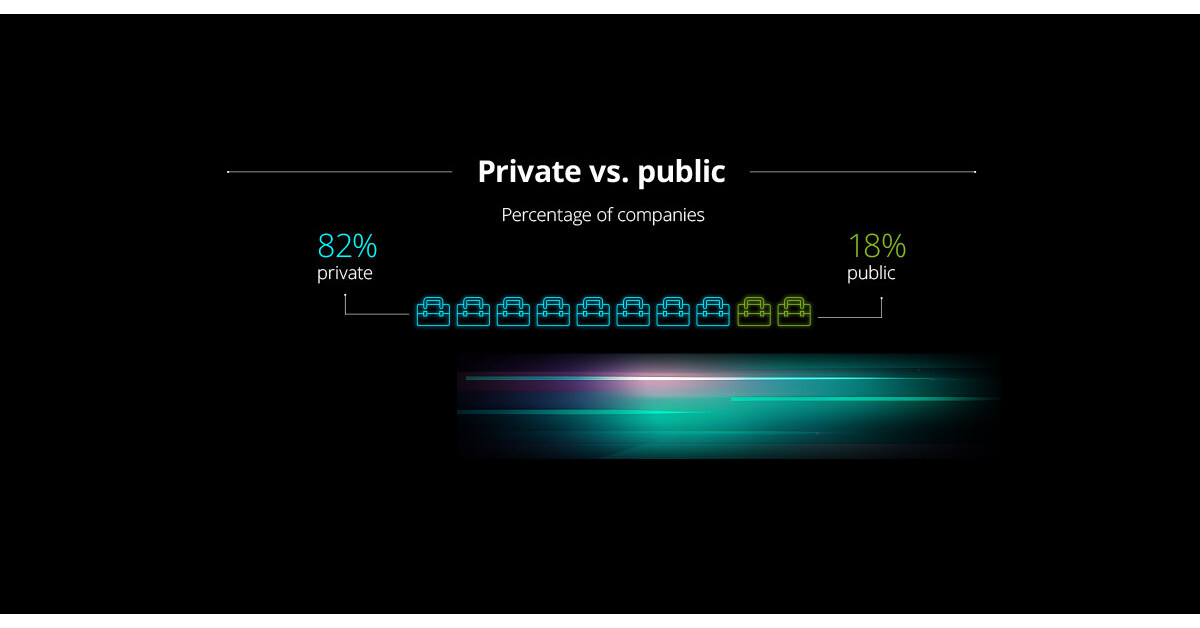US Lawmakers Introduce Bill for Federal Sports Betting Regulations

U.S. Lawmakers Rep. Paul Tonko and Sen. Richard Blumenthal have officially announced the introduction of a bill that will look to set federal regulations for sports betting across the United States.
The Supporting Affordability & Fairness with Every Bet Act (SAFE Bet Act) aims to reduce gambling related harms, addiction, and sets out federal standards for all sports betting operations both online and in retail locations.
SAFE Bet Act Key Highlights
Regulation
- States must apply to the Department of Justice to offer sports betting
- Penalties for states that fail to apply
- States with legal sports betting must comply with new standards within one year
Advertising
- Sports betting ads banned from 8am to 10pm
- No ads during live sporting events
- No ads explaining how wagers work
- No ads encouraging the use of gambling products
- Celebrity and athlete endorsements restricted
Artificial Intelligence
- AI must not be used to monitor a customer’s playing habits
- AI cannot create personalized offers for customers
Bet Types
- Ban on proposition wagers for collegiate and amateur athletes
- Ban on microbets
Affordability
- Customers limited to 5 deposits in a 24 hour period
- Affordability checks required for large deposits
- Ban on the use of credit cards for sports betting
All US states with legal sports betting markets currently in operation will have one year to comply with federal standards once the legislation is enacted.
Speaking at a press conference announcing the legislation Senator Blumenthal said:
“This is not a ban on gambling, but to take back control over an industry that is out of bounds. Literally operating outside the bounds of decency and respectability.”
He added that AI is not being used for good:
“Right now, the gambling industry methodically and relentlessly targets losers, that’s where the money is. People who lose are losing to the benefit of the gambling industry.”
Tonko added:
“We need to address addictions of all kinds. If not, we’re failing in our responsibilities.”
Opposition
Immediately following the press conference the iDevelopment & Economic Association (iDEA), an group representing the interests of the regulated U.S. online gaming and sports betting industry, published a statement voicing its opposition to the SAFE Act.
“As a leading trade association representing the interests of the growing and highly regulated U.S. online gaming and sports betting industry, iDEA is deeply concerned by the introduction of the SAFE Bet Act. While we strongly support efforts to promote responsible gaming and player protections, this legislation represents an unnecessary and harmful federal overreach into an area that has been successfully regulated at the state level since the Supreme Court’s decision to overturn the federal sports betting ban in 2018.
The SAFE Bet Act’s blanket, one-size-fits-all requirements on advertising, affordability checks, and artificial intelligence stifle the autonomy of states and tribal governments, many of which have implemented their own robust regulatory frameworks tailored to the needs of their constituents. These measures not only infringe on states’ rights but also risk undermining the operational flexibility that has allowed the legal sports betting industry to thrive, create jobs, and generate critical tax revenue that supports education, infrastructure, and other vital services.”
It added that the federal government should instead look to take action against offshore sports betting operators:
“Instead of imposing unnecessary restrictions on legal, state-licensed sport betting operators, Congress should use its power to collaborate with states to shut down illegal offshore sportsbooks that brazenly defy federal law.”
The American Gaming Association (AGA) also released its own statement in opposition of the SAFE Bet Act:
“Today’s regulated sports wagering operators are contributing billions in state taxes across the U.S., protecting consumers from dangerous neighborhood bookies and illegal offshore websites, and working diligently with over 5,000 state and tribal regulators and other stakeholders to ensure a commitment to responsibility and positive play.
Six years into legal sports betting, introducing heavy-handed federal prohibitions is a slap in the face to state legislatures and gaming regulators who have dedicated countless time and resources to developing thoughtful frameworks unique to their jurisdictions, and have continued to iterate as their marketplaces evolve.”
Image credit: Paul Tonko
Related
Online Gambling Giants Thrive in the U.S. With Practices Dropped…
The U.S. online gambling market is booming, driven by European giants Flutter, the operator of FanDuel, and Entain, co-owner of BetMGM. However, these compa
Maryland’s Vanessa Atterbeary Voted American Gambling Awards 2024 Policymaker Of…
Vanessa Atterbeary, a Maryland legislator leading an effort to legalize online casino gaming in the state, has been named the American Gambling Awards 2024 Poli
Betting on Indifference: Massachusetts, Casinos, and the Cost of Problem…
From lotteries funding colonial infrastructure to a full-blown state lottery with per-capita spending rivaling casino spending, Massachusetts’ love affair wit
Michigan’s Henry Williams Named 2024 American Gambling Awards Regulator of…
Henry Williams, executive director of the Michigan Gaming Control Board, has been voted the 2024 American Gambling Awards Regulator of the Year.The Gambling.com













